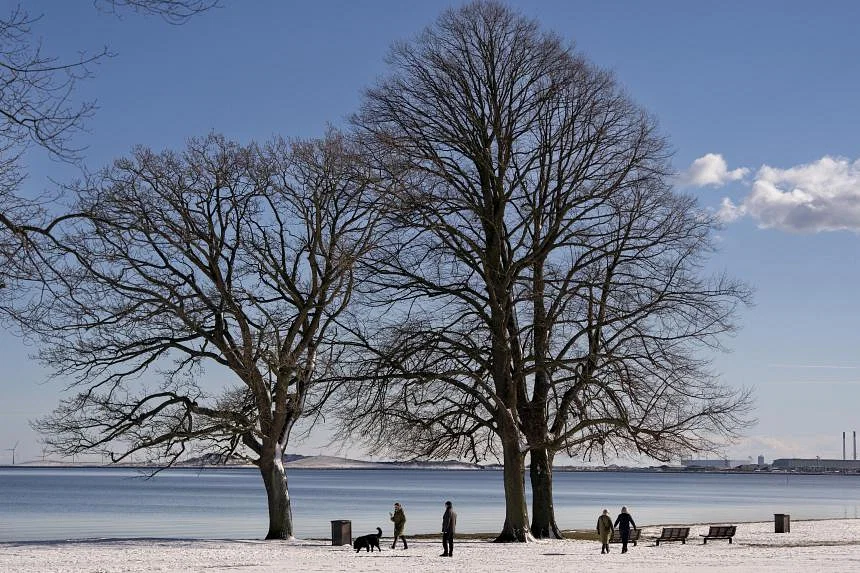European Union scientists said on Wednesday that Europe has seen its second-warmest winter on record, as climate change continues to intensify.
Data published by the EU’s Copernicus Climate Change Service (C3S) shows the average temperature in Europe from December to February was 1.4 degrees Celsius above the 1991-2020 average for the Boreal winter season.
This puts it as Europe’s joint-second warmest winter on record, and was exceeded in intensity only by the winter of 2019-2020.
Europe experienced a severe winter heatwave late 2022 and early 2023, with ski resorts having to close because of lack of snow as record-high winter temperatures hit countries from France to Hungary.
The European Commission said on Jan. 2 hundreds of temperature records had been broken across the continent, including the Swiss town of Altdorf reaching 19.2C, smashing a record standing since 1864.
According to C3S, temperatures were particularly high in eastern Europe and the north of Nordic countries. However, the situation was not the same all over the continent as temperature in some regions were below-average, including parts of Russia and Greenland.
Read also: US govt announces $6 billion grant to reduce industrial emissions
Scientists say Europe’s winters are becoming warmer due to human-caused climate change that has resulted in rising global temperatures.
Governments struggling with high gas prices after Russia slashed fuel deliveries to Europe last year were offered some relief by the unusually mild winter, with higher temperatures curbing gas demand for heating in many countries.
Tilly Collins, deputy director of Imperial College London’s Centre for Environmental Policy, said the changing climate meant plants and animals were struggling to move to new locations to maintain their ideal temperature.
“For species with small populations or restricted ranges this can easily tip them on a path to extinction,” Collins said.
Story was adapted from Reuters.
